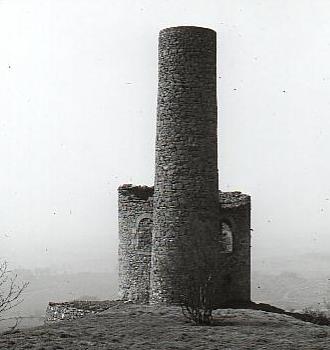January 16, 2006
A faulty digital television receiver sparked a helicopter rescue mission after sending out a rogue distress signal, Britain's Royal Air Force said yesterday. The Freeview box - which normally allows television viewers access to dozens of digital TV and radio channels via a standard, rooftop aerial - sent out a signal identical to that for emergency beacons at sea.
The SOS, beamed from Portsmouth, on England's south coast, was picked up by a satellite and sent to the RAF's Aeronautical Rescue Co-ordination Centre in Kinloss, northeast Scotland, in the early hours of January 5. Personnel then alerted English coastguards, who sent a helicopter to investigate. The aircraft spent two fruitless hours flying over Portsmouth Harbour looking for stricken sailors until the signal was traced to dry land.
RAF spokesman Michael Mulford said: "Our Kinloss rescue centre picked up this beacon from one of five orbiting satellites listening out for these things. "It was a 121.5 transmission - that's the major emergency frequency, a 'Mayday'. We traced it to Portsmouth Harbour, checked and found out there were no vessels in the area or missing planes. "We checked with (British telecoms regulator) Ofcom and they quickly established it was coming from a household. It turned out to be a faulty Freeview box.
"This is very very unusual, it's a complete freak and the odds of a digibox sending out a 121.5 signal must be astronomical." Ofcom described the incident as a "real one-off" as digital boxes should only receive and not send signals. "The householder was happy to hand it over to our engineers who are trying to get to the bottom of the defect," a spokesman said.

No comments:
Post a Comment